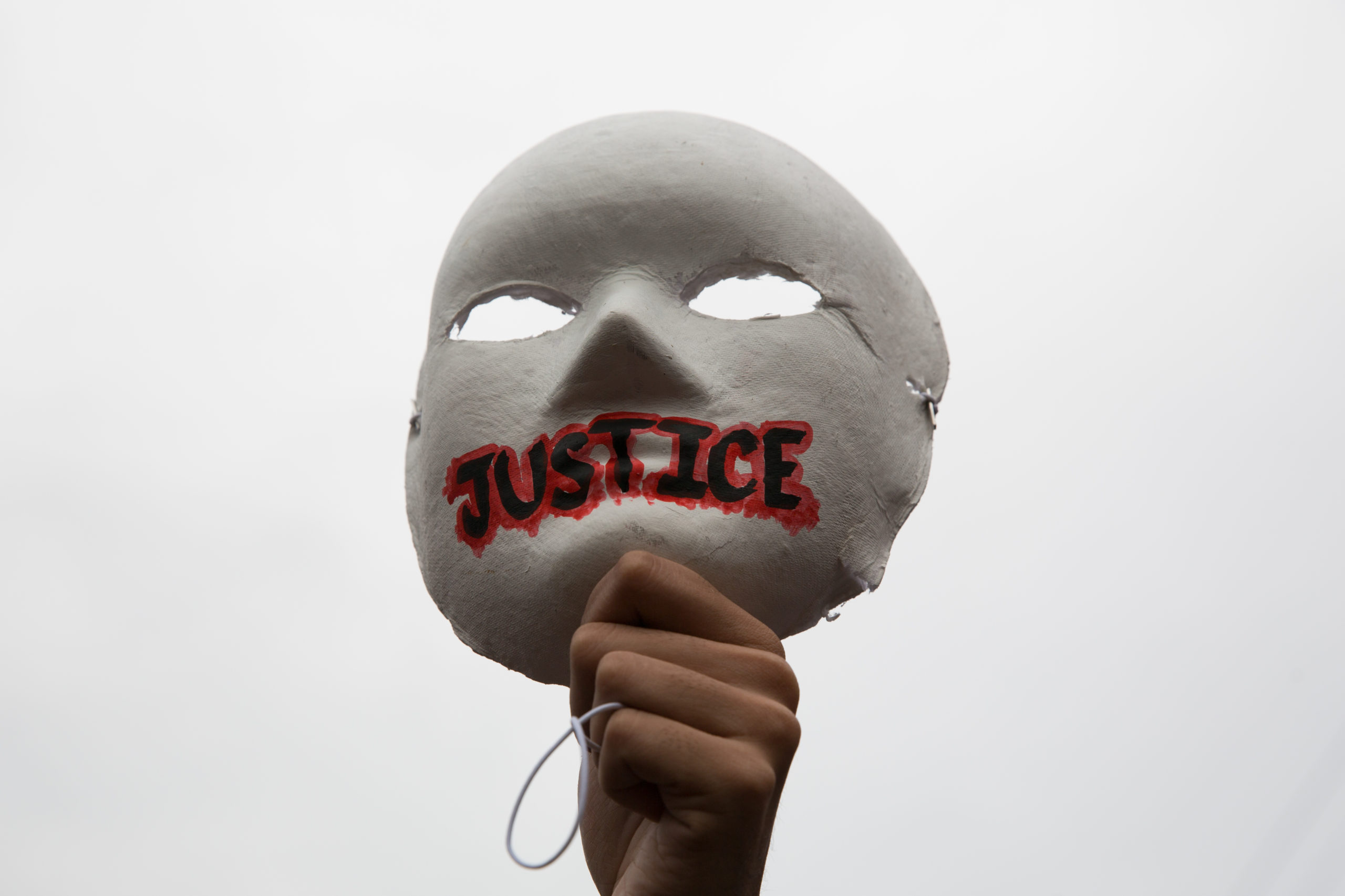Justice Secretary Jesus Crispin Remulla denied during this year’s UN Human Rights Council‘s Universal Periodic Review (UPR) of the Philippines on November 14, 2022, that civic and media spaces in the Philippines are shrinking and described the Philippines as “a vibrant democracy.” However, Remulla also stressed that the Philippine delegation accepted some 200 recommendations, accounting for more than two-thirds of all UPR recommendations.
Important lessons for the severity of impunity in the Philippines can also be seen in the protracted criminal trial of the 2009 Maguindanao massacre, where 58 people were executed; 32 of the victims were media workers. It took a full decade before the Regional Criminal Tribunal (RTC) in Quezon City handed down verdicts on Datu Andal Jr. as well as Zaldy Ampatuan on December 19, 2019. The Ampatuan brothers were found guilty of 57 counts of murders beyond reasonable doubt. November 23, 2022, marked the 13th anniversary of the Maguindanao Massacre. Two days earlier, the families of the massacre victims returned to the site of the killing for the very first time since the court decision.
Carlos Conde of Human Rights Watch warned that a crime like the one in Maguindanao could well happen again under conditions that favour impunity.
On November 30, 2022, according to the National Democratic Front in Negros (NDF-Negros), peace consultant and poet Ericson Acosta and peasant organizer Joseph Jimenez were killed in military custody. The military in turn claimed that the two died during a firefight with the armed communist insurgency, the New People’s Army (NPA), in Kabankalan City on November 30.
According to the NDF, Acosta was in Kabankalan City to consult with farmers’ organizations and farmers about their working conditions and military operations in the area. The Philippine military claims Acosta is an NPA leader, however this claim could be described as so-called “red-tagging” by the military. “Red-tagging” means the accusation of supporting the communist insurgency in the Philippines. This practice is also often used by state security forces to justify extrajudicial executions and arbitrary arrests of activists.
Human Rights Advocates Negros Chairman Pete Pico said Jimenez’s wife noticed during the examination of her passed husband’s body that he had large wounds on the side of his body that might be stab wounds.
Church and civil society leaders are calling for an impartial and independent investigation into the incident. The National Union of Peoples’ Lawyers (NUPL) also strongly condemned the killing of Acosta (a former NUPL client) and Jimenez.
Photo © Raffy Lerma

